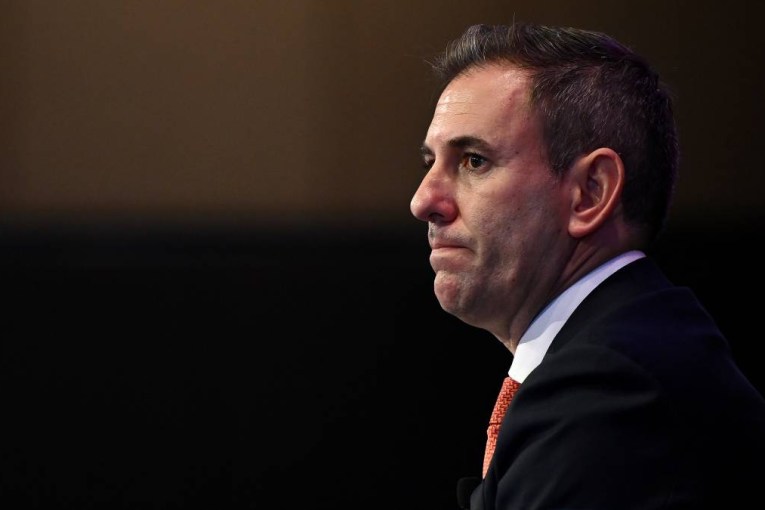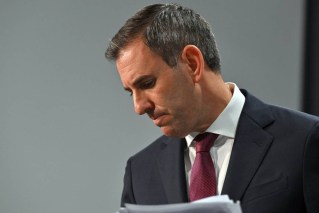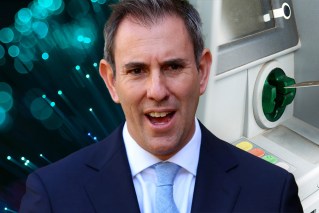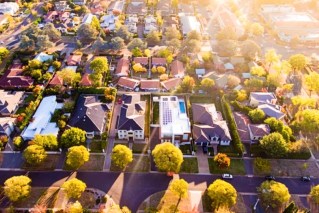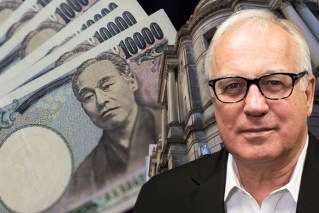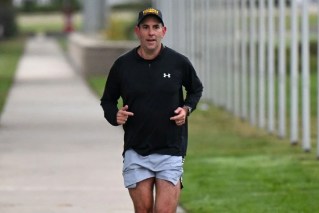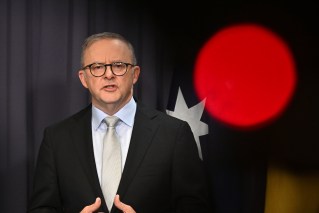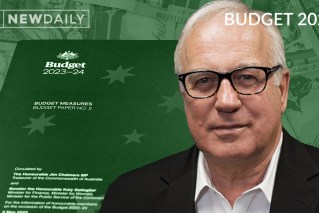Govt should entice HK investors to move to Australia: Wealth manager

Australia risks missing out on millions of dollars in investment because of restrictive visa laws, a former Macquarie Private Bank CEO has warned.
That money could be directed into early-stage start-ups, helping to create jobs and boost the economy, according to Guy Hedley, executive chair of wealth management firm Atlas Advisors Australia.
Speaking to The New Daily, Mr Hedley said thousands of high net worth Hong Kong citizens are looking for new places to live after China introduced stricter laws on the special administrative region.
Ordinarily, Australia would be one of the more attractive destinations for Hong Kong expats, but a reduction in the government’s migrant intake quota last year (from 180,000 to 160,000) means many won’t be able to make the move.
And with other nations such as the UK rolling out the red carpet, Australia risks losing the investment dollars offered by these potential migrants.
Mr Hedley wants government to review the visa system to allow more migrants – particularly wealthy migrants on Significant Investment Visas (SIVs) – and to change the rules governing SIVs. (More on that later.)
As it stands, SIVs allow migrants to stay in Australia for four years, provided they invest $5 million into the local economy during that time.
Successful applicants must invest at least $500,000 of that $5 million into venture capital and growth private equity funds, and at least $1.5 million into eligible managed funds or listed investment companies.
The final $3 million must be put into eligible funds, bonds, property, or ASX-listed stocks.
Mr Hedley said the program represents only a minute portion of overall migrant intake – just “a couple of hundred” of investors in 2019.
Reforms to drive jobs creation
Australia is no stranger to making special visa exemptions in extraordinary circumstances.
Following the Tiananmen Square Massacre in 1989, then-prime minister Bob Hawke tearily offered asylum to over 40,000 Chinese citizens living in Australia.
And as protesters for an independent Hong Kong clash with Chinese authorities, Mr Hedley said Australia should once again look to welcome people looking for a new home.
“There is no doubt there is a humanitarian aspect to this,” he said.
“For people who are at risk, clearly you want to make sure you’re providing them with a safety net.”
But as we do that, Mr Hedley said, Australia should target entrepreneurs and investors who can pump money into the economy when it needs it most.
The best way to do that is through changes to the SIV to force investors to put more money into early-stage startups, many of which are currently starved for cash.
“People are scared, they’re nervous, they don’t want to invest in start-ups,” he said.
“Here’s an opportunity to force money into that market, and we’ve proven it works because we’ve done thousands of these visas in the past five years, pumping over $500 million into the economy.”
Last year, more that $1.6 billion was invested into Australia’s startup sector, according to KPMG, but much of that went to larger, later-stage businesses such as Canva or V2 Food.
Money that helps early-stage companies get off the ground – known as ‘seed capital’ – remains scarce.
Weak migration a drag on the economy
The experience in Hong Kong throws up a unique opportunity for Australia to bolster one part of its economy.
But independent economist Saul Eslake said falling migration rates because of COVID-19 will nonetheless place a significant strain on Australia’s economy.
“Something like three-quarters of Australia’s economic growth in the last five years has come from population growth,” Mr Eslake said.
“It’s going to be hard to replace. Population growth and particularly immigration was a big tailwind to our economy that most other nations don’t have.”
Even attracting wealthy investors from Hong Kong will only have a notable effect on national GDP if thousands arrived on our shores, Mr Eslake said.
Governments must instead focus on boosting Australia’s productivity, which went backwards in 2018-2019 for the first time since the Australian Bureau of Statistics began keeping records in 1994.
That could mean retraining workers to move into ‘high productivity’ roles and industries, or stopping government payments from flowing to inefficient ‘zombie’ businesses.
